In a recent survey, nearly 1 in 3 Americans said they would rather clean a toilet than do a single math problem. Tell someone on the street that you are a physicist, or worse, a mathematician, and you’ll be acknowledged with a “I hated math in school” or “I was never any good at math.” Tell them you are a quantum physicist and you’ll be lucky if you get a response. Chris Ferrie plans to vanquish those doubts and fears by introducing children to quantum physics. But, how young is too young? Enter Quantum Physics for Babies.
Hear from author and quantum theorist Chris Ferrie, IQC and University of Waterloo, Faculty of Mathematics alumnus, about his experience in communicating quantum information science to a larger audience. This general talk is suitable for all audiences.
 Yongchao Tang of the Department of Electrical and Computer Engineering is presenting his thesis:
Yongchao Tang of the Department of Electrical and Computer Engineering is presenting his thesis: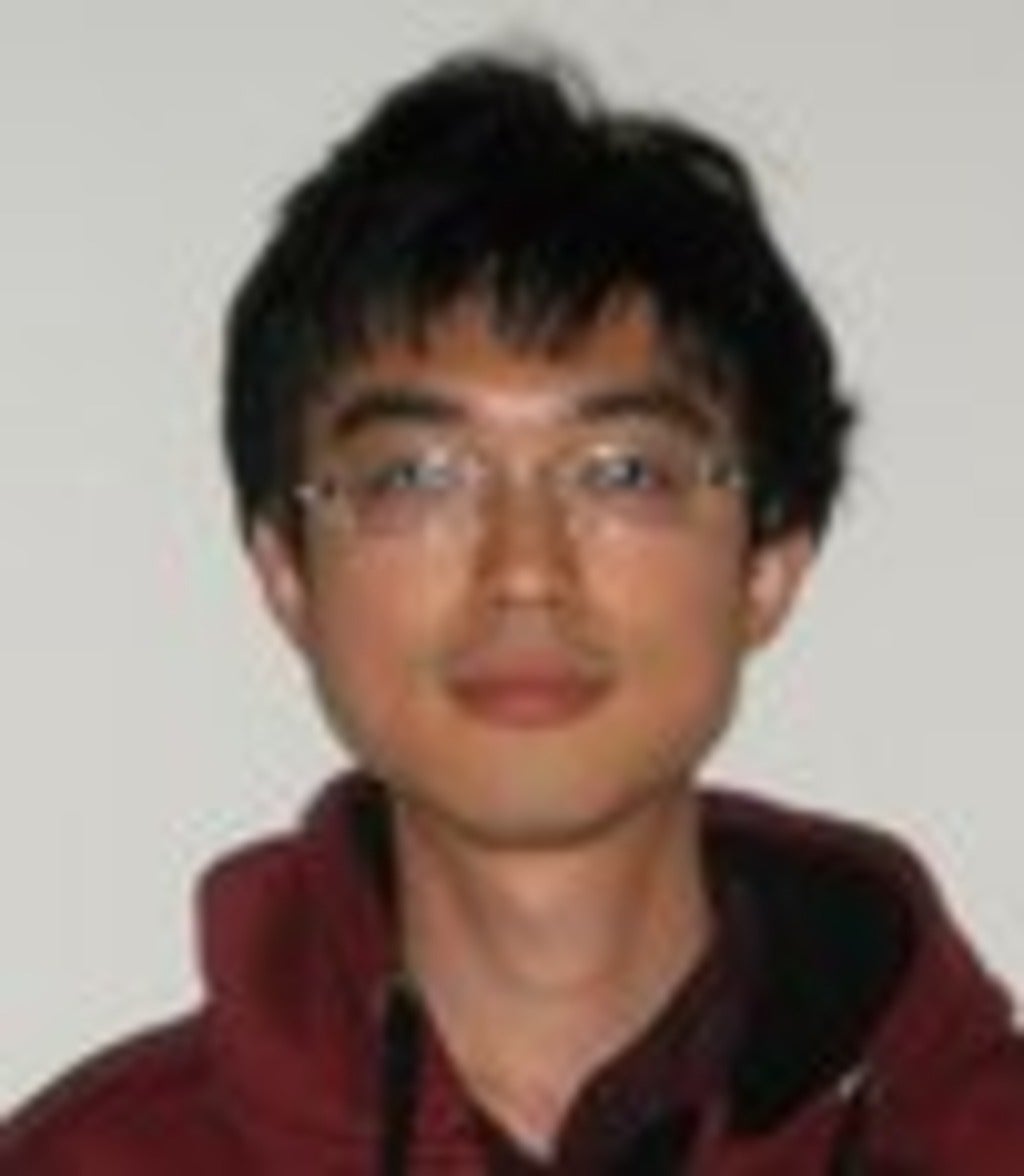
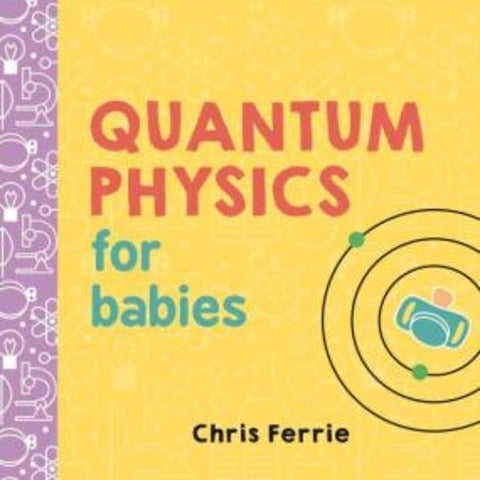
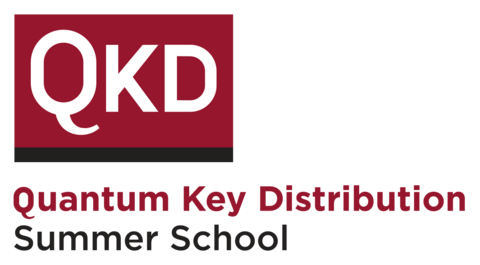
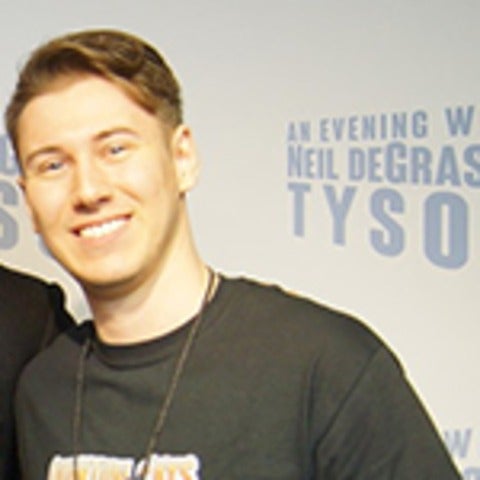
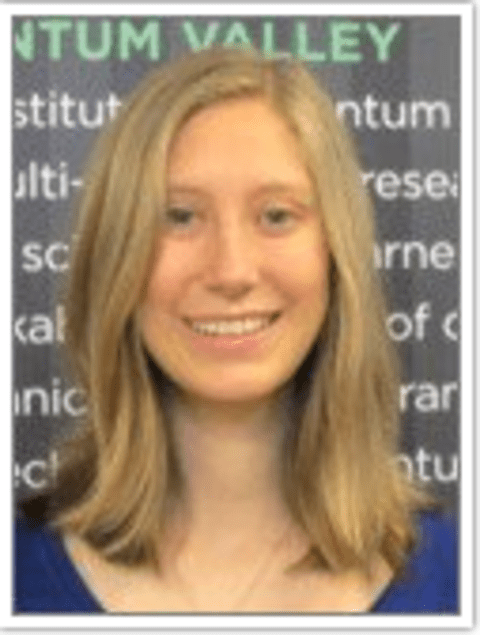
 Morgan Mastrovich, Master's Student
Morgan Mastrovich, Master's Student